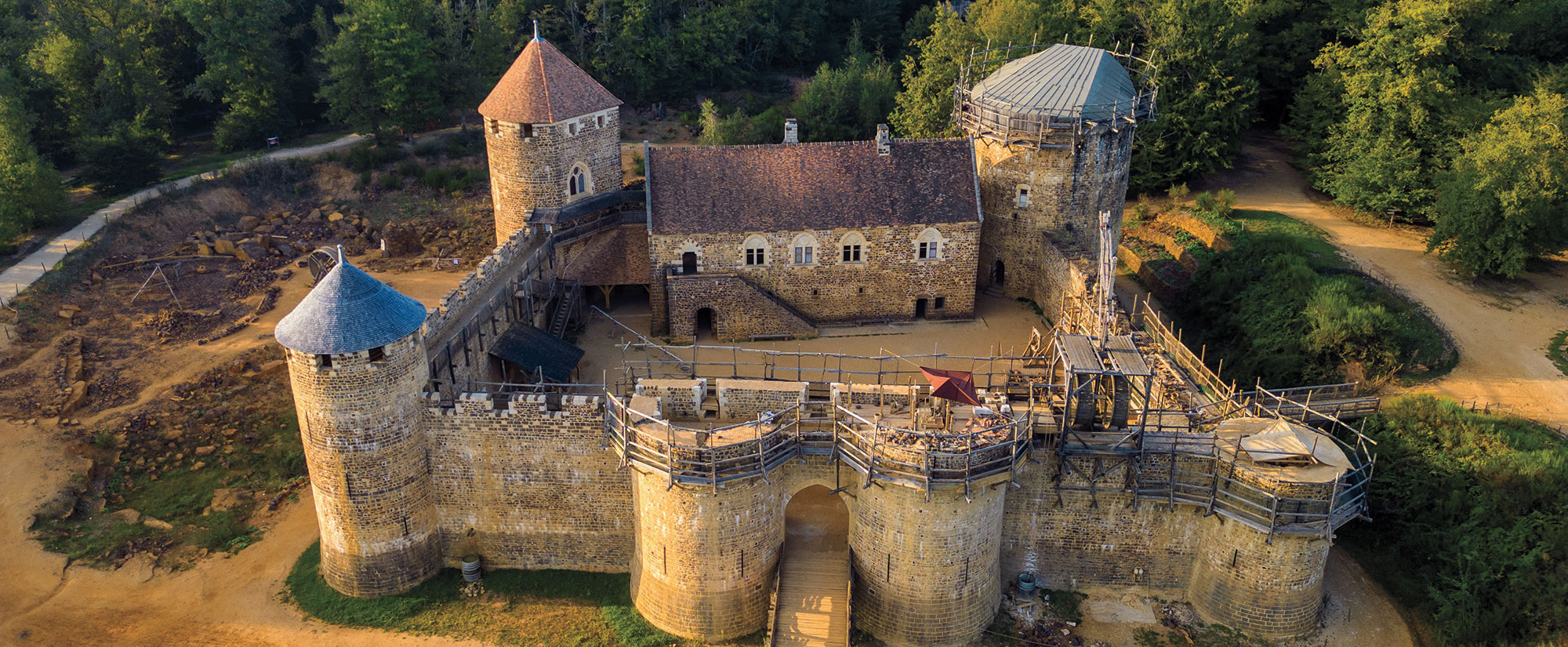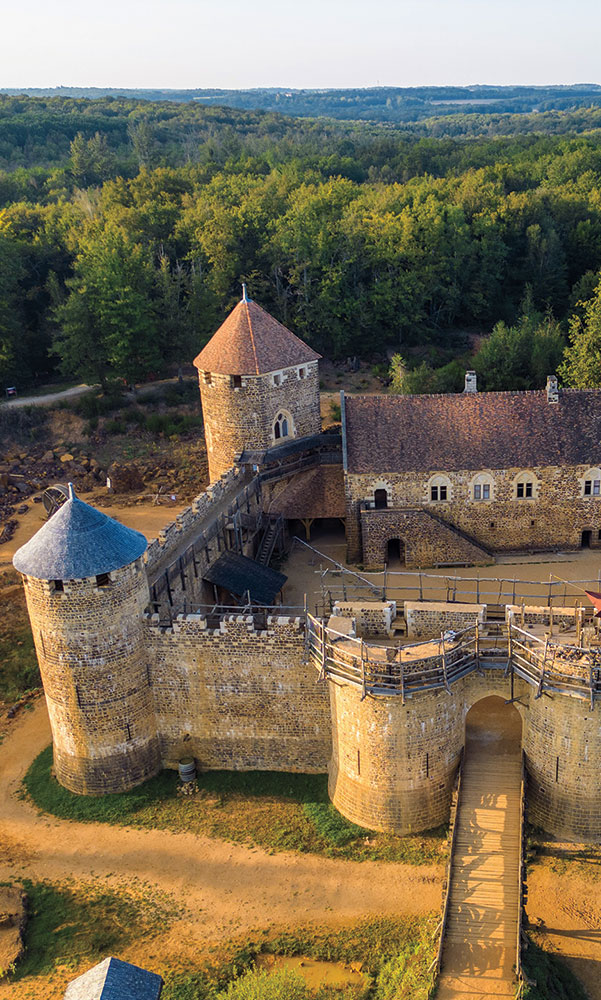CANBERRA, AUSTRALIA—Mummification was practiced by various cultures across the world at different times, perhaps most famously by the Egyptians. But according to a statement released by The Australian National University (ANU), a groundbreaking new study recently revealed this behavior dates back thousands of years earlier than previously thought to a somewhat surprising place—southern China and Southeast Asia. Hunter-gatherers in this part of the world often buried their dead in a tightly compact crouching position. The bodies are typically found very well-preserved but display no visible signs of mummification. An international team of researchers recently analyzed 54 burials of these types from 11 archaeological sites across southern China, Vietnam, Indonesia, and other nearby places. Experts determined that the bodies of the deceased individuals had been suspended over a smoky fire for long periods of time, which dried out and essentially mummified the remains while leaving very little evidence of the process. The earliest examples of this practice date back more than 12,000 years—5,000 years older than the mummified persons of South America’s Chinchorro culture, once thought to be the world’s oldest. “This type of smoke-drying is, so far, the oldest demonstrated method of the intentional preservation of corpses that we have on record anywhere in the world,” said ANU Emeritus Professor Peter Bellwood. Read the original scholarly article about this research in Proceedings of the National Academy of Sciences. To read about tattoos on the remains of a mummified person uncovered in the desert of southern China, go to "Ancient Tattoos: Tarim Basin Mummy."
World's Oldest Evidence of Mummification Found
News September 19, 2025

Recommended Articles
Top 10 Discoveries of 2025 January/February 2026
Oldest Mummified People
Southern China and Southeast Asia
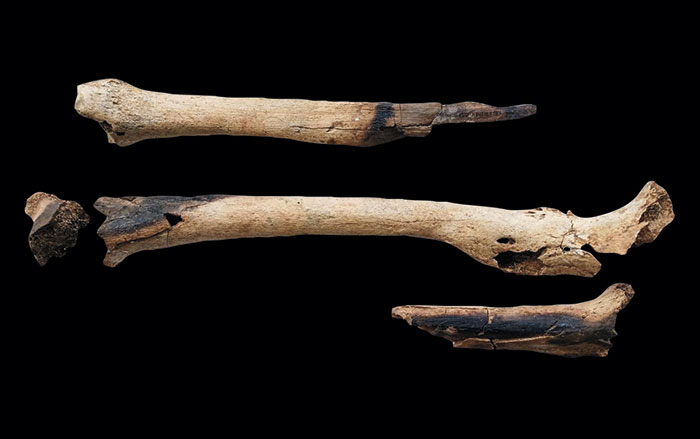

Digs & Discoveries November/December 2025
Ancient Look Book
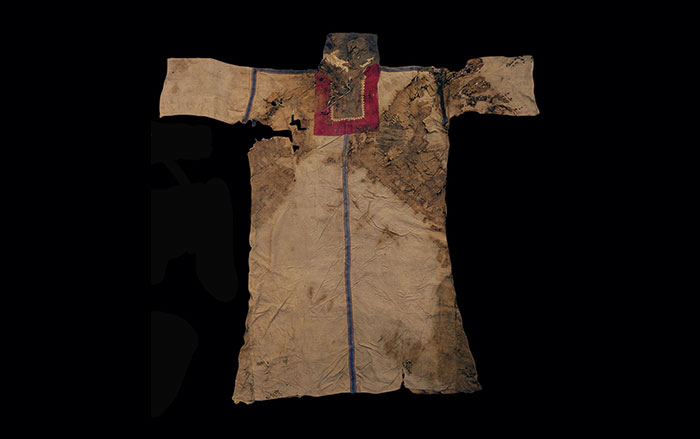
Digs & Discoveries September/October 2025
A Chinese Frontier Fort
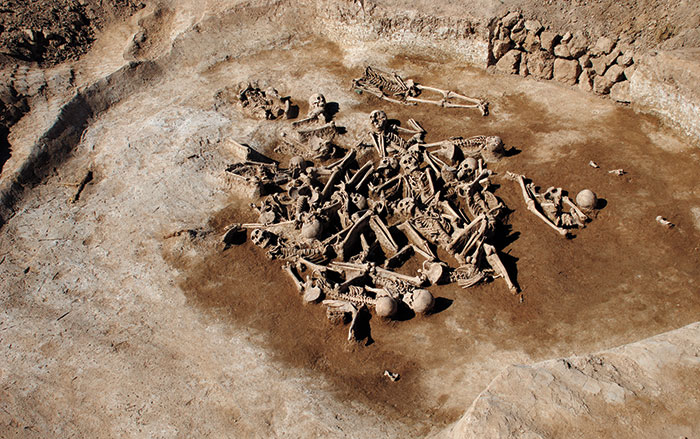
-
Features September/October 2025
Spirit Cave Connection
The world’s oldest mummified person is the ancestor of Nevada’s Northern Paiute people
 Howard Goldbaum/allaroundnevada.com
Howard Goldbaum/allaroundnevada.com -
Features September/October 2025
Here Comes the Sun
On a small Danish island 5,000 years ago, farmers crafted tokens to bring the sun out of the shadows
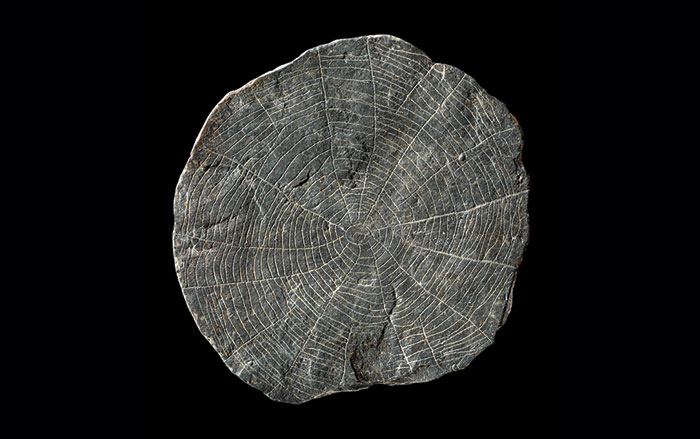 Courtesy the National Museum of Denmark
Courtesy the National Museum of Denmark -
Features September/October 2025
Myth of the Golden Dragon
Eclectic artifacts from tombs in northeastern China tell the story of a little-known dynasty
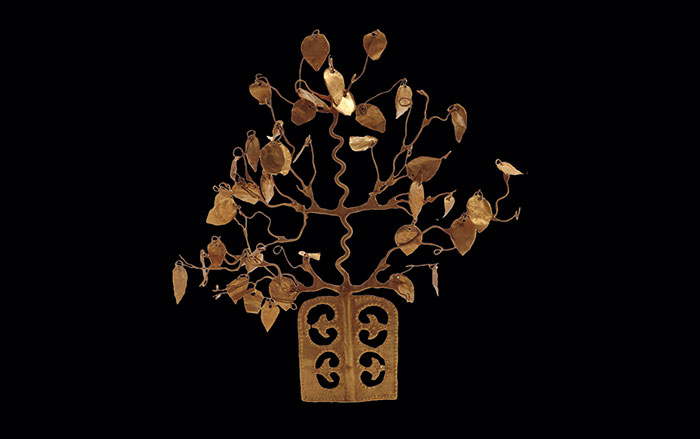 Photograph courtesy Liaoning Provincial Museum, Liaoning Provincial Institute of Cultural Relics and Archaeology, and Chaoyang County Museum
Photograph courtesy Liaoning Provincial Museum, Liaoning Provincial Institute of Cultural Relics and Archaeology, and Chaoyang County Museum -
Features September/October 2025
Remote Sanctuary at the Crossroads of Empire
Ancient Bactrians invented distinct ways to worship their gods 2,300 years ago in Tajikistan
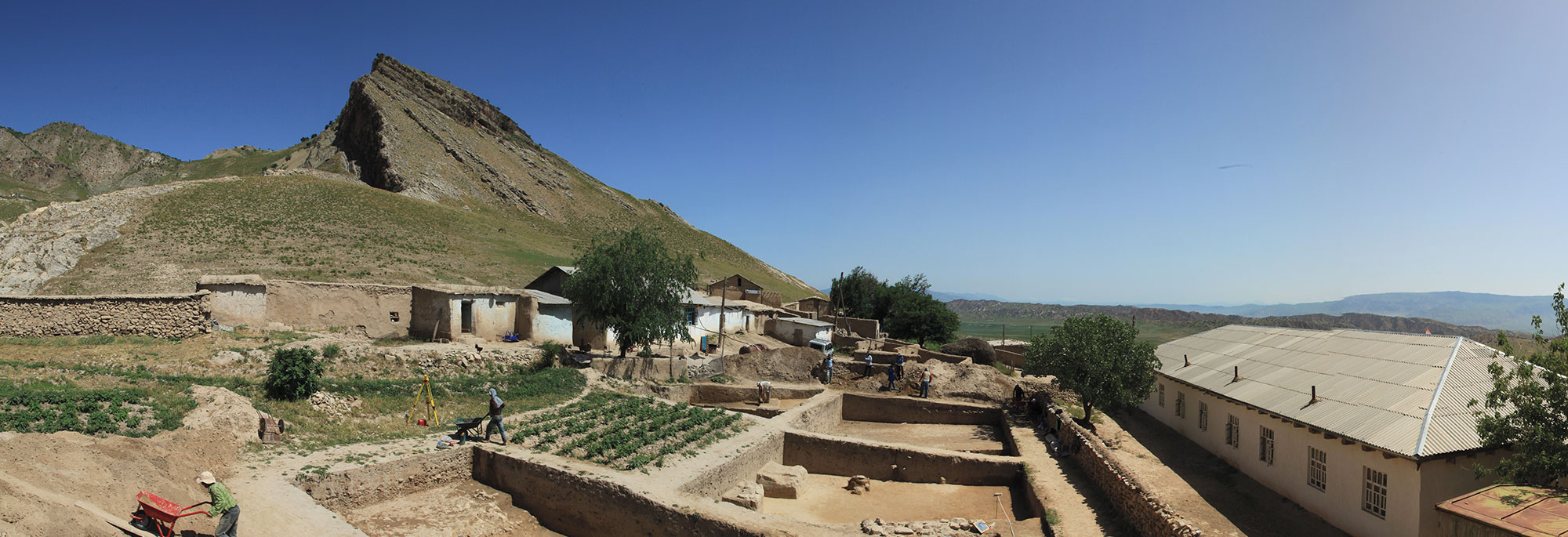 Gunvor Lindström/Excavations supported by the German Research Foundation
Gunvor Lindström/Excavations supported by the German Research Foundation


